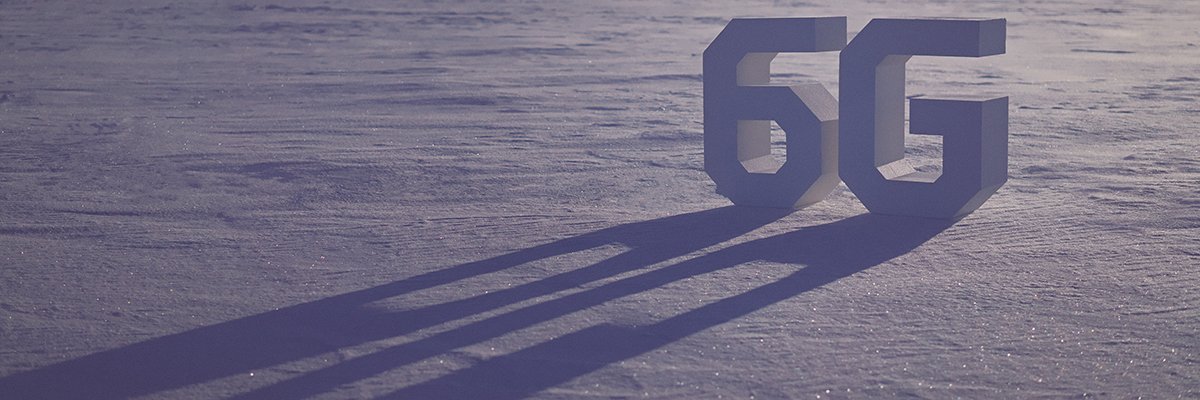
"The precise technological definition of 6G networks is still some time away, but it seems clear that one of the biggest anticipated challenges of 6G network roll-outs will be coverage limitations inherent in 6G's higher-frequency spectrum, and looking to alleviate the issue, Nokia and Rohde & Schwarz have created and tested a 6G radio receiver that uses artificial intelligence (AI) technologies to overcome potential limitations."
"The global comms tech provider and test and measurement company are confident that the fruits of their work - namely AI-powered receiver technology using machine learning - can greatly enhance future 6G coverage, creating cost savings and accelerating time to market. From a core technological basis, the AI technology is designed to identify and compensate for distortion in wireless signals, leading to substantial improvements in 6G uplink coverage."
Nokia and Rohde & Schwarz developed and tested an AI-powered 6G radio receiver that uses machine learning to identify and compensate for wireless signal distortion. The receiver was validated by Nokia Bell Labs using Rohde & Schwarz 6G test equipment and methodologies under real-world conditions. Tests showed uplink distance improvements of 10% to 25% compared with current receiver technologies. The testbed used an R&S SMW200A vector signal generator for uplink signal generation and channel emulation and an FSWX signal and spectrum analyser to perform AI inference. The AI receiver also demonstrated improved throughput and power efficiency, enabling cost savings and faster 6G rollout over existing 5G footprints.
Read at ComputerWeekly.com
Unable to calculate read time
Collection
[
|
...
]